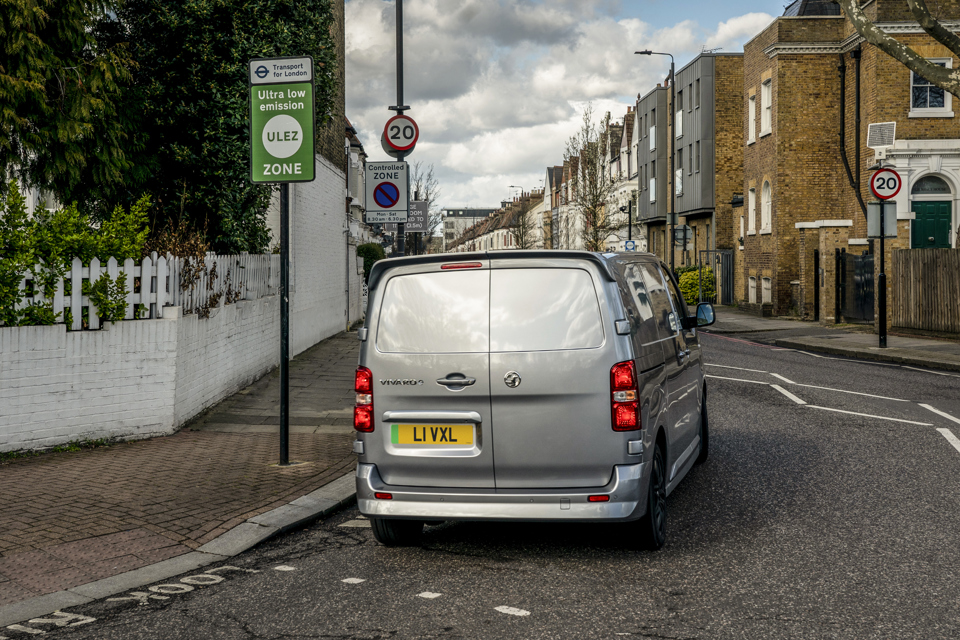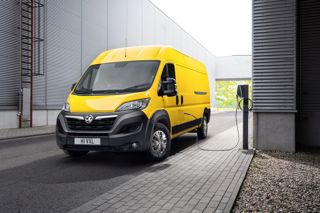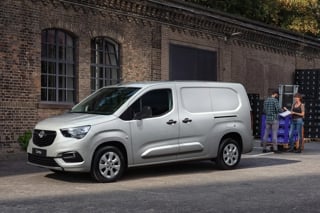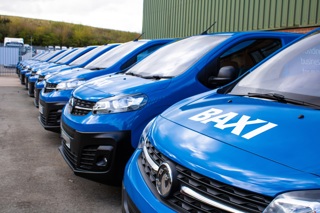New research from Vauxhall suggests that almost 20 million tonnes of CO2 could be saved every year if the UK’s van fleet was converted into fully electric vans.
Using official UK Government and Society of Motor Manufacturers and Traders (SMMT) figures, Vauxhall calculated vans account for 18.2% of the UK’s annual transport related CO2 emissions and 4.6% of the country’s total annual carbon emissions.
With 4.77 million petrol or diesel vans on the road, and with an average annual mileage of 13,000 according to the Department for Transport (DfT), van drivers in the UK cover more than 62 billion miles annually.
Using the SMMT’s average new van emissions estimate of 195.7g/km CO2 as the fleet average emissions, Vauxhall calculated annual emissions exceeding 19.5 million tonnes of CO2.
Last year, more than 16,000 electric light commercial vehicles (LCVs) were delivered to businesses and customers across the country, a rise of 31.2% over the previous year.
However, electric vans accounted for just 5.9% of total van registrations in 2022, well behind the 16.6% 2022 market share for electric cars, and a distance away from the 10% proposed electric vehicle (EV) mandate for electric vans sales in 2024.
James Taylor, managing director of Vauxhall, said: “Our research highlights the importance in electrifying the country’s businesses to help meet the UK’s Net Zero targets, and comes at a time when the UK is considering imposing further measures to increase electric vehicle uptake.”
The ZEV mandate will force manufacturers to sell a certain proportion of EVs in the lead up to 2030.
In 2024, these targets will be 22% for cars and 10% for vans, and in 2030 will be increased to 80% and 70%, respectively.
























Login to comment
Comments
No comments have been made yet.